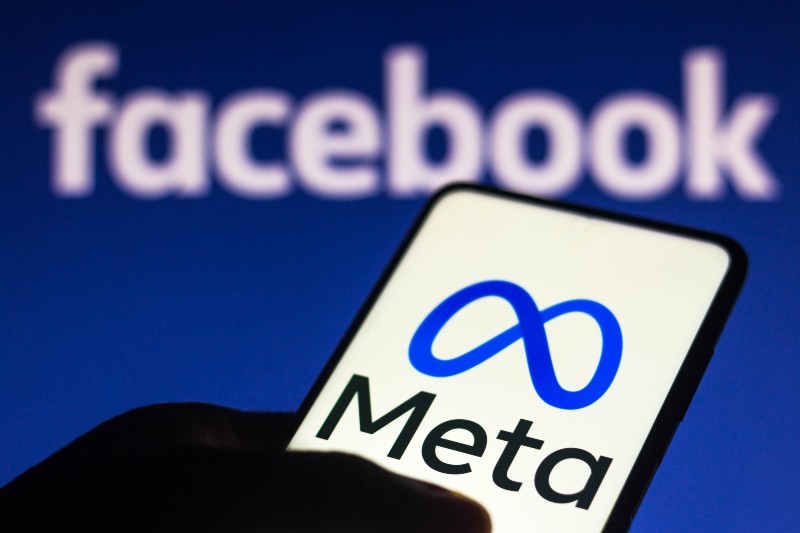News
Texas Sues Meta For Misuse of Facial Recognition Data

The state of Texas sued Facebook parent company, Meta, for allegedly misusing facial recognition of its users. Attorney General Ken Paxton filed suit against Meta, saying that Meta is responsible for billions of dollars in damages.
RELATED: Facebook Losing Users, Stocks Plummet by 20%
Texas Attorney General Ken Paxton Sues Meta

Texas sued Meta for exploiting the biometric data of millions of people in the state. Facebook’s actions weren’t limited to its platform users. It also affected Texans who don’t have a Facebook account.
As a result, Paxton said that Meta violated state privacy laws and should be on the hook for damages totaling billions of dollars.
The suit’s focus involves Facebook’s “tag suggestions,” a feature that uses facial recognition to encourage users to link photos to a friend’s profile. Facebook already disabled the feature in light of privacy complaints.
However, Paxton wants Meta to face the consequences of its actions. He alleged that Facebook collected facial recognition data without their consent. It also shared that data with third-party companies.
In addition, it did not erase the private data in a timely manner. All these actions violated Texas law regarding data privacy.
Facebook Collected Facial Recognition and Biometric Data Without Consent
“The scope of Facebook's misconduct is staggering,” the complaint read. It alleged that Facebook repeatedly captured Texan’s biometric identifiers without their consent. And they did it billions of times.
As a result, Facebook violated the Capture or Use of Biometric Identifier (CUBI) Act and the Deceptive Trade Practices Act (DTPA).
Paxton said during a news conference that Facebook faces a hefty penalty for its illegal actions. Each violation of the CUBI and DTPA laws carries a $25,000 fine.
Meta Says Lawsuit Without Merit
Facebook actually shut down its facial recognition feature last November after a decade of use. In a blog post, Meta VP of Artificial Intelligence Jerome Pesenti said the company did so after assessing the feature.
Pesenti said that Facebook weighed the positive use cases against growing societal concerns. He added that they did so even as “regulators have yet to provide clear rules.”
Meta also said that they will delete the biometric data it has on more than a billion users. Last year, Facebook settled a class-action lawsuit filed by users complaining of illegal use of their data.
The settlement reached a reported amount of $650 million. For the case filed by Texas, the company said that it will contest the lawsuit. A company spokesperson said that the “claims are without merit and we will defend ourselves vigorously.”
Paxton Filed Lawsuit in Marshall, Texas
Meanwhile, Texas filed its lawsuits against Meta in the state district court located in Marshall. Paxton did not specify why he chose to file the case in that small city. However, the state hired two outside law firms to argue the case.
Paxton promises to bring the company to justice for violating privacy laws. He said that Facebook will no longer turn a profit at the expense of people’s safety and well-being. “This is yet another example of Big Tech's deceitful business practices and it must stop,” he added
EPIC Applauds Lawsuit
Reacting to the Texas lawsuit, the Electronic Privacy Information Center approved the case. The organization said that many states are now taking the issue seriously.
Even as many states such as Illinois and California placed laws to protect biometric privacy, Texas is helping raise awareness.
According to John Davisson, the center's director of litigation and senior counsel told NPR, Texas can benefit from this. “If the case succeeds, it could mean a major financial award for Texas,” he said.
It could lead to the state bolstering its privacy laws as well as compensating Texans victimized by Facebook's facial recognition system.
Watch the Reuters news video reporting that Texas sues Facebook over facial-recognition use:
Do you support Texas’ lawsuit against Meta/Facebook for illegally collecting and using biometric data? What do you think will happen to this lawsuit?
Let us know what you think. Share your thoughts below.















